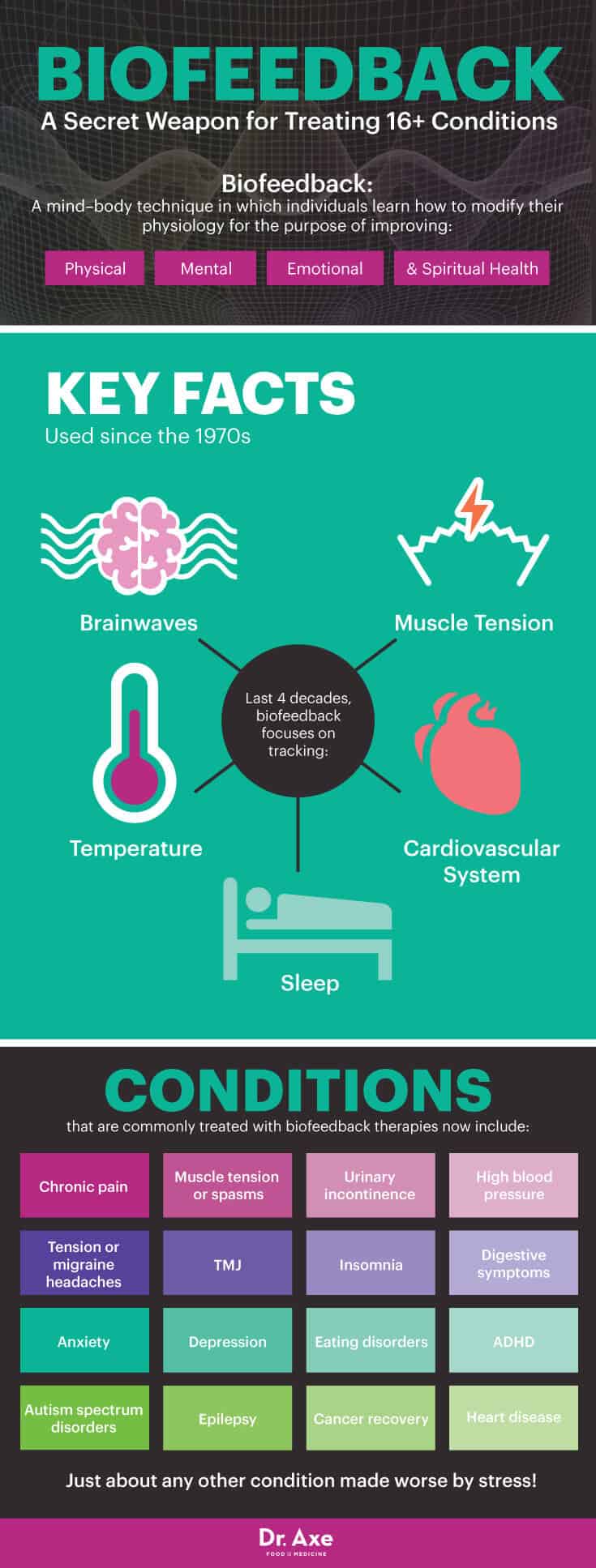Harnessing the Power of Neuro-feedback to Transform Attention Deficit Hyperactivity Disorder Treatment and Improve Mental Functioning
Wiki Article
Neurofeedback is an novel approach that is gaining attention in the treatment of ADHD. This strategy entails using real-time visualizations of brain function to assist patients learn how to control their brain activity. By offering feedback on neural signals, neurofeedback aims to improve concentration, alertness, and general cognitive performance. This method is especially attractive for those looking for alternatives to traditional pharmaceuticals, as it offers a non-intrusive way to tackle the issues associated with ADHD.
The procedure of neurofeedback typically includes placing electrodes on the head to assess neural activity. These electrodes detect neural impulses produced by the brain and send this data to a computer. The participant then participates in activities, such as engaging in a video game or watching a film, that are influenced by their brain function. When the neural system functions in a preferred way, the activity or movie reacts positively, offering immediate responses. This helps individuals understand to control their brain signals, encouraging better focus and reducing hastiness over time.
Studies has shown that neurofeedback can result to notable improvements in symptoms of ADHD. Studies indicate that participants who undergo neurofeedback sessions often experience improved focus spans, lessened excessive activity, and better affective regulation. These advantages can result to better outcomes in school and at home, as well as improved interactions with peers and relatives. As a consequence, neurofeedback is becoming a valuable tool for parents and educators seeking efficient strategies to support kids with ADHD.

In furthermore to its advantages for ADHD, neurofeedback may also enhance cognitive performance in individuals without the disorder. Many people pursue neurofeedback to enhance their memory, learning skills, and overall cognitive clarity. By teaching the neural system to operate more efficiently, participants can gain increased efficiency and innovation. This renders neurofeedback an appealing option not only for those with ADHD but also for those looking to boost their mental capabilities in daily life.
While neurofeedback shows potential, it is essential to approach this therapy with practical expectations. Outcomes can differ from individual to individual, and it may take a while to observe notable improvements. It is also important to work with qualified experts who can guide the neurofeedback process properly. As studies continues browse this site to investigate the complete potential of neurofeedback, it possesses the potential of revolutionizing ADHD management and improving mental functioning for many people.